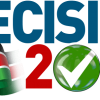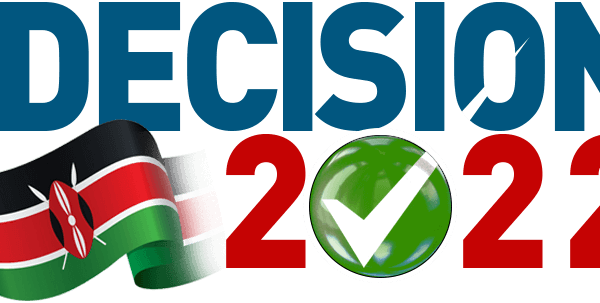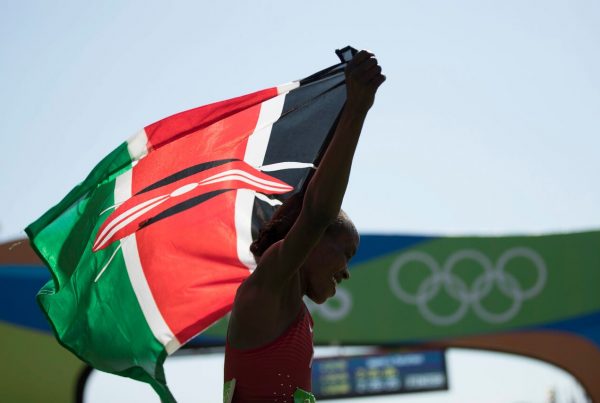As it appeared in the daily nation of July 7th 2015
by Lucy Kiruthu
Have you ever felt cheated? You possibly bought an item that you thought was the real deal only to later figure out that it was a poor quality counterfeit. Counterfeits have been a global problem for years and their threat in Kenya is evident. A counterfeit or a fake product is an imitation that is made with the intent of fraudulently passing off as a genuine product. The spread of counterfeit products across the globe has put the consumers at risk and at the mercy of the rogue retailers, distributors and manufacturers. It has also put many companies in unfair competition with poor quality counterfeits that are not easy to differentiate from genuine products. I believe that quite often Kenyan customers knowingly or unknowingly buy a wide range of counterfeits.
I recall once buying a tracksuit that I thought was a genuine Adidas but alas, a few months after it was in tatters. As a Kenyan consumer I am not confident that the bulbs in the house, the ink cartridge on the printer, the motor vehicle replacement part or even the hair care product are genuine despite purchasing them from reputable retailers. Kenya’s Anti-Counterfeit Act 2008 defines counterfeiting as “the manufacture, production, packaging, re-packaging, labelling or marking or making whether in Kenya or elsewhere, of any goods whereby those goods are imitated in such a manner and to such a degree that those other good are identical or substantially similar copies of the protected goods”. What if one goes to China Town New York or elsewhere in the world, purchases fake purses and resells them in Kenya as genuine? Are we protected against such counterfeits on resale in Kenya?
Many Kenyans may not be aware that there exists an anti counterfeit agency. This State Corporation within the Ministry of Industrialization and Enterprise Development was established in June 2010 under the Anti-Counterfeit Act 2008. The agency is mandated with “enlightening and informing the public on matters relating to counterfeiting, combating counterfeiting, trade and other dealings in counterfeit goods, devising and promoting training programs to combat counterfeiting and co-ordinating with national, regional or international organizations involved in combating counterfeiting”. This is as clearly outlined on their website but what is the state of counterfeits in Kenya? The information is scanty. Key questions remain – are we so ignorant about counterfeits or are we vulnerable because they are “cheap”? Has anyone in Kenya been prosecuted because of selling counterfeits?
The purchase and use of counterfeits not only has potential of swindling consumers but it may also put them at risk. Can Kenyan consumers trust that they can buy original products from a majority of retailers? On June 24th the World commemorated the World Anti-Counterfeit Day but it may not have received much publicity locally. Most Kenyans remain unaware that they can file a complaint with the anti-counterfeit agency in case an item purchased is suspected to be a counterfeit. The agency needs to create greater awareness; conversely, consumers have an even bigger role of being on the lookout and reporting incidences of counterfeit products on sale.
Lucy Kiruthu is a Management Consultant and Trainer and can be reached on lucy@evolve-consultants.com/old or via twitter @kiruthulucy









